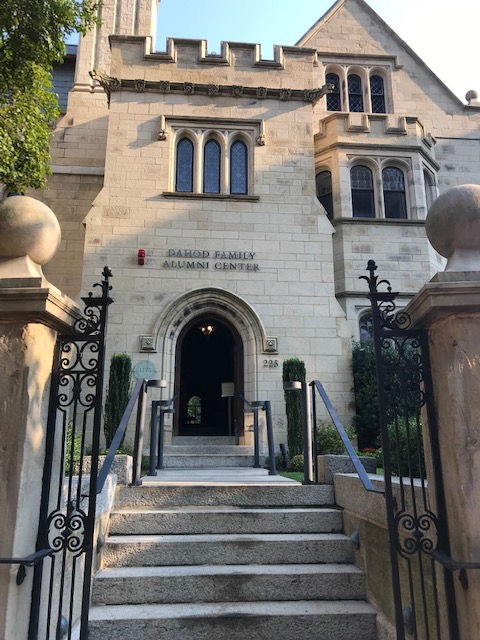LAU Conference, Book Launch and Compassionate Assessment
- Jason
- Jun 28, 2022
- 3 min read
It's been a busy week for research dissemination events giving a presentation at a conference, attending a book launch and with research contributions shared on HE project blogs.
LAU Learning, Teaching and Enhancement Conference
Last Friday I presented at the Leeds Arts University (LAU) 'Learning, Teaching and Enhancement (LTE)' conference. This conference was on the theme of the 'Inclusive University' and built upon activity and outputs from last year's conference on 'Decolonising the Curriculum'. This conference was an opportunity for staff and students from LAU to share their perspectives and research around developing inclusivity across the University, problem posing some of the barriers which may exist towards that aim.
The conference kicked off with an inspiring keynote address from Professor Udy Archibong MBE (Pro-Vice Chancellor for EDI at Bradford University https://www.bradford.ac.uk/staff/uearchibong) who prompted delegates to consider how well meaning words could be transformed into action with a range of pragmatic methodological structures passionately presented. Contributions from colleagues throughout the day outlined how aspects of inclusivity could be developed across the university (e.g. further education, undergraduate, postgraduate, the library...) and the intersectionality, particularly, with aspects of environmental sustainability.
My presentation was titled 'Excluding languages? The socio-economic and racial connotations of music degree entry requirements' where I outlined the research I had conducted around Music Theory requirement in UK HE entry requirements and the stratification of exclusion resultant when contextualised against a deteriorating pipeline of state funded, school based music education. The neoliberal, seemingly 'objective', mechanisms which normalise HE league table metric-ocracy were linked to debates around objective 'bestness' within theoretical systems (e.g. Ewell 2020), concluding that the 'conjoined twins' (Kendi 2019) of racial-capitalism are alive within HE entry requirements. I argued for renewed consideration of the range of languages which may be granted value for access and for highly contextual offers where applicants are prompted to reflect upon their own use of musical language (or whatever form..) and the conditions of knowledge their work is therefore based upon.
Book Launch

authors assemble at the book launch at LAU.
After the conference LAU hosted a book launch for the recent publication, 'Access and Widening in Arts Higher Education: Practice and Research'; an edited collection by Professor Sam Broadhead, featuring chapters by colleagues at LAU and further afield. This was a great opportunity to discuss the book and discover the connections and commonalities emerging across author's chapters. Chapter authors as follows: Prof. Samantha Broadhead, Prof. John Butcher, Dr. Anactoria Clarke, Dr. Laura da Costa, Melanie Davis, Dr. Jill Fernie-Clarke, Jason Huxtable, Deirdre McLeod, Frances Ann Norton, Dr. Karen Tobias-Green, and Prof. Randall Whittaker. The press release for the book launch can be found here:
It's been a pleasure to contribute to the QAA funded project 'Belonging through assessment: Pipelines of compassion'. The project brings together UAL, The Glasgow School of Art and Leeds Art University. 'This QAA Collaborative Enhancement Project will propose new quality indicators that focus on belonging, compassion and equity, in critique of traditional metrics. It will identify approaches to assessment that nurture belonging through meaningful, compassionate interactions and practices...By its conclusion in November 2022, the project will deliver a number of open-source outcomes that will be shared with the HE sector:
a symposium on compassionate assessment
a briefing paper on the project’s activity
a blog documenting the organic development of materials and providing a space for exchange of ideas
a participatory digital resource
My contribution to the working group was to deliver a presentation around the 'Policy Archaeology' methodology (Scheurich 1994), a method which seeks to examine the social conditions for the emergence of policy problems and the range of acceptable solutions as mediated by the 'grid of social regularities'. For more details of the presentation and slides, please visit:



Comments